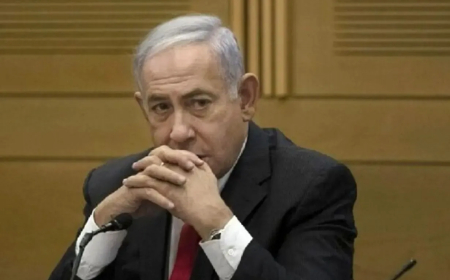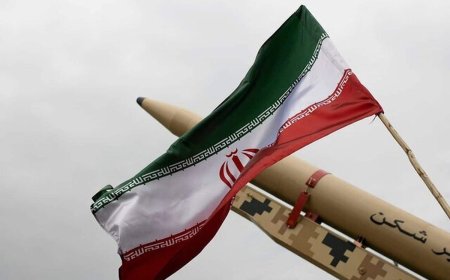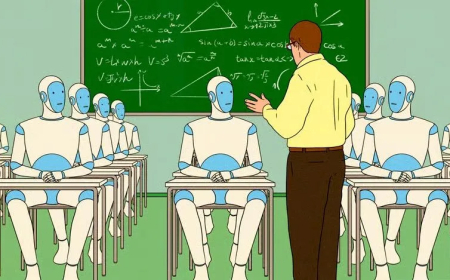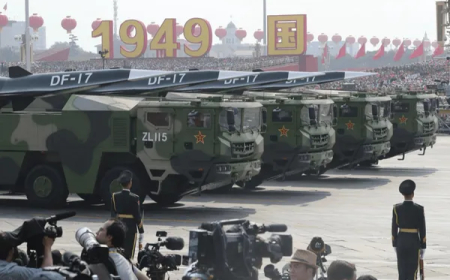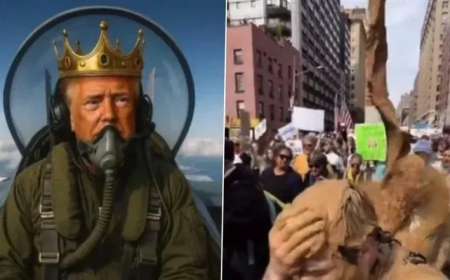America’s Risky Game in Caracas
From airstrikes in the Caribbean to deploying thousands of U.S. troops along Venezuela’s coasts, Trump’s efforts to remove Nicolás Maduro face major challenges. History shows foreign interventions often fail and can intensify crises.
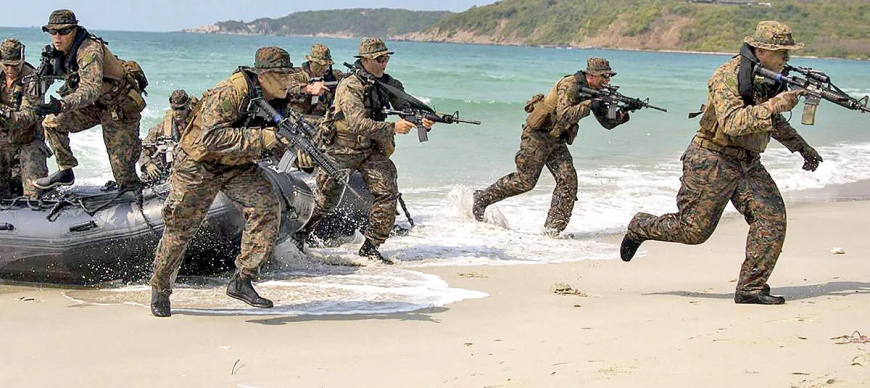
In early September, the U.S. launched airstrikes against boats in the Caribbean allegedly carrying drugs from Venezuela. But these actions have evolved into part of a broader campaign to oust Nicolás Maduro, the country’s president.
Over the past two months, approximately 10,000 U.S. troops have been deployed to the region, with at least eight surface warships and one submarine stationed off northern South America. B-52 and B-1 bombers have flown over Venezuela’s coastline, and the aircraft carrier Gerald R. Ford has come under the command of the U.S. Southern Command. These moves signal a significant shift in Trump’s Venezuela policy.
Inside the White House, debates raged between long-time regime-change advocates led by Marco Rubio and officials favoring diplomacy with Caracas. In early 2025, diplomatic supporters reached agreements to reopen parts of Venezuela’s oil and mining sectors in exchange for economic reforms and the release of political prisoners. By mid-July, however, Rubio shifted strategy, framing Maduro as a national security threat and linking him to regional drug cartels.
Trump ordered the Pentagon to target local drug cartels, including the Tren de Aragua and Cartel de los Soles, and doubled the bounty on Maduro from $25 million to $50 million. The CIA was also authorized to conduct covert operations in Venezuela.
Despite these measures, U.S. history of foreign interventions shows that regime change faces serious obstacles. Supporting armed opposition, orchestrating coups, or covert operations frequently fail, and even temporary successes can escalate violence and instability.
Venezuela’s geography, social structure, and military add further complexity. Maduro still commands the support of roughly one-third of the population and controls key military institutions. Any successor installed under foreign influence would likely face intense domestic opposition and the threat of violent overthrow.
Experts argue that the best path toward democracy in Venezuela is internal reform supported by the people, rather than direct foreign intervention. Energy resources and ongoing negotiations also suggest that diplomacy could offer a more sustainable and effective solution than military action.
